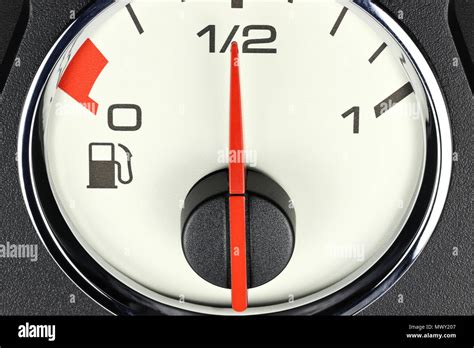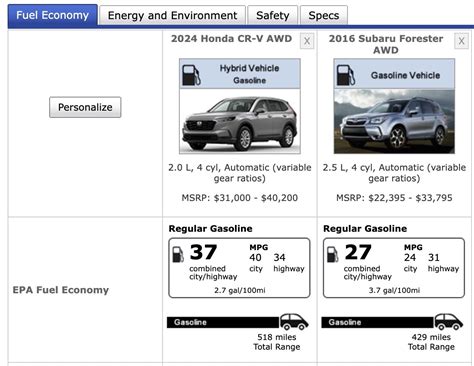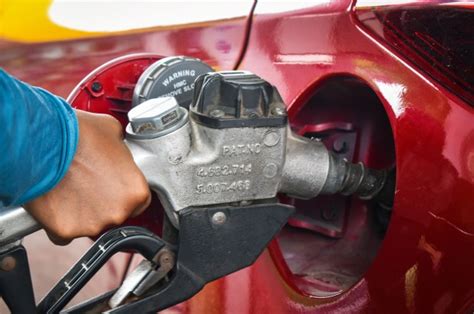Understanding Fuel Grades and Octane
It’s a common misconception among car owners: if premium fuel is more expensive, it must be better, right? Especially for those hoping to eke out a few extra miles per gallon from their daily driver. However, when it comes to non-turbocharged vehicles, the answer to whether premium fuel improves economy is almost universally no.
The primary difference between regular, mid-grade, and premium gasoline is their octane rating. Octane measures a fuel’s resistance to pre-ignition, also known as “engine knock” or “pinging.” Higher octane fuel is more resistant to igniting under compression before the spark plug fires.
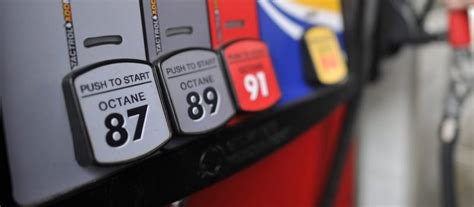
How Octane Affects Your Engine
Engines are designed with specific compression ratios. High-performance, often turbocharged or supercharged, engines and some high-compression naturally aspirated engines require higher octane fuel to prevent premature ignition. If these engines use lower octane fuel, their engine control unit (ECU) may retard ignition timing to prevent damage from knocking, which can lead to a slight reduction in power and, in some cases, fuel economy.
Conversely, a non-turbo engine that is designed to run on regular 87 octane fuel does not benefit from higher octane. Its compression ratio is optimized for 87 octane, and using 91 or 93 octane will not change the way the fuel burns or how efficiently the engine operates. The ECU in such a car expects 87 octane and will not advance timing or alter fuel delivery to take advantage of the higher octane, because there is no advantage to be gained.
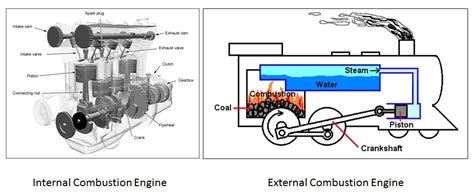
The Myth of Better Economy
Many drivers believe that premium fuel has more energy or burns cleaner, thus improving fuel economy. This is a myth. All grades of gasoline, regardless of octane, contain roughly the same amount of energy per gallon. The detergents and additives in most modern fuels are also largely similar across octane grades within the same brand, meaning higher octane doesn’t inherently make the fuel “cleaner.”
For a non-turbo car, pouring premium fuel into the tank simply means you’re paying more for a characteristic (higher knock resistance) that your engine doesn’t need and can’t utilize. You will likely see no measurable improvement in your miles per gallon (MPG) and certainly no improvement that justifies the higher cost per gallon.
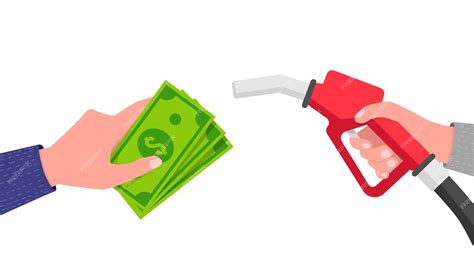
When Premium Fuel IS Necessary
There are specific instances where premium fuel is either recommended or required:
- Turbocharged/Supercharged Engines: Forced induction significantly increases cylinder pressure, making higher octane essential to prevent pre-ignition.
- High-Compression Engines: Some naturally aspirated engines, particularly in sports cars or luxury vehicles, have very high compression ratios that necessitate premium fuel.
- Owner’s Manual Requirement: The most definitive source of information is always your vehicle’s owner’s manual. If it states “Premium Fuel Required,” use it. If it says “Premium Fuel Recommended,” you might get a tiny performance boost, but often not enough to justify the cost for daily driving. If it simply states “87 Octane Recommended” or “Regular Unleaded,” stick with that.

Final Verdict and Recommendation
For the vast majority of non-turbocharged cars, using premium fuel for better economy is a waste of money. Your car’s engine is designed and tuned to perform optimally on the octane level specified in your owner’s manual. Sticking to the recommended fuel not only saves you money at the pump but also ensures your engine operates as intended by the manufacturer.
If your owner’s manual recommends regular 87 octane fuel, continue to use it. You will achieve the best possible fuel economy and performance for your vehicle, while keeping more money in your wallet. The extra cost of premium fuel will not translate into a tangible benefit for your non-turbo car.
